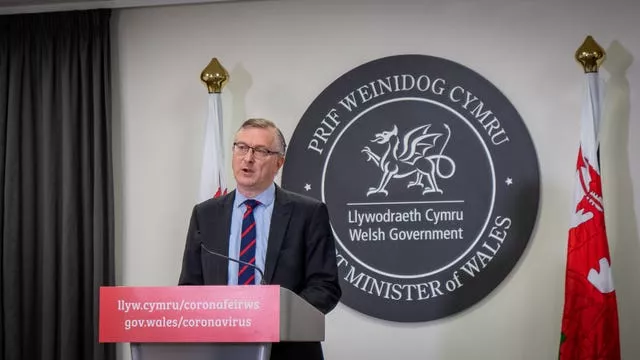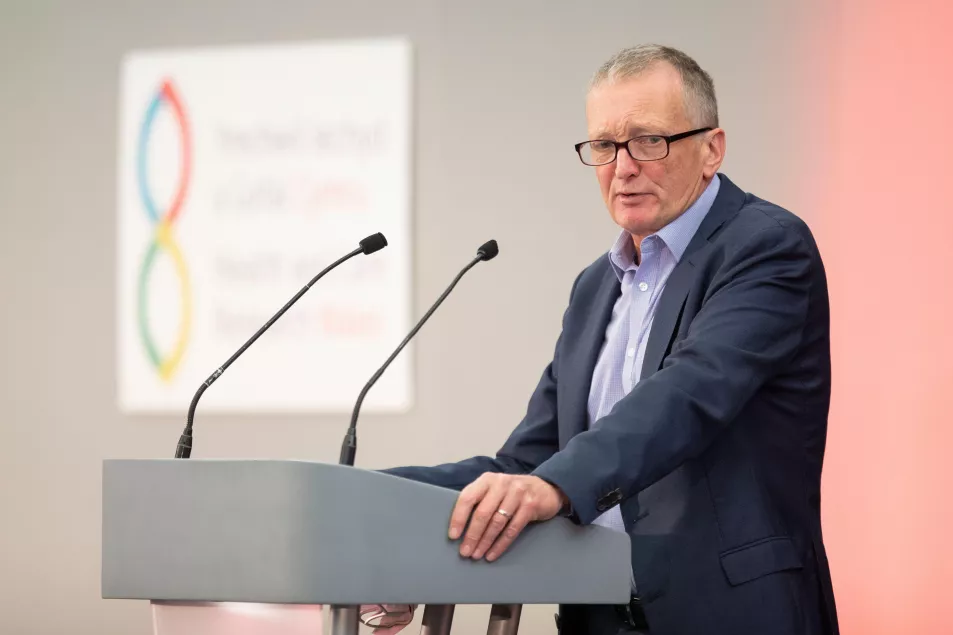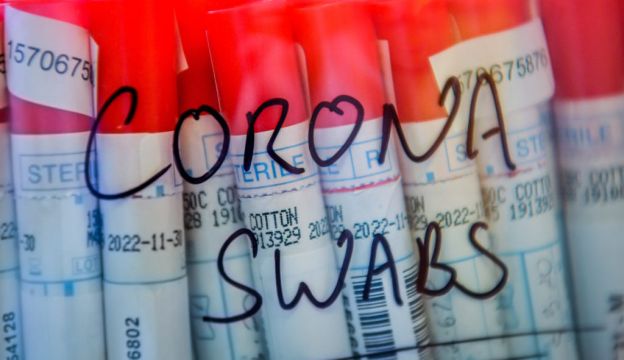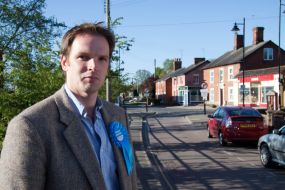Welsh health officials have said that preparations for a pandemic stalled in the run-up to coronavirus and that systems in place were too complex, as bereaved families said their loved ones “didn’t stand a chance”.
The chief medical officer for Wales, Sir Frank Atherton, told the UK Covid-19 Inquiry on Monday that work to plan for potential future health emergencies had all but stopped by 2019 due to Operation Yellowhammer, which diverted resources to preparing for a possible no-deal Brexit.
Meanwhile, counsel to the inquiry Hugo Keith displayed a chart illustrating the array of groups and bodies in place to look at various aspects of pandemic response in Wales, calling it a “remarkably complex labyrinthine system”.
Dr Andrew Goodall, who was chief executive of the NHS in Wales when the pandemic hit, said there was a need for the system to be streamlined and that in the past, a number of the groups formed had not achieved all of their objectives.

On the fourth day of public hearings, the inquiry also heard how measures to deal with non-flu pandemics including mask wearing, mass diagnostic testing and quarantining were “prematurely dismissed”.
And that despite concerns being raised about the need to update pandemic-related documents, such guidance and policies had not been substantially changed since 2011.
Sir Frank, who became a household name due to frequently appearing at Welsh government coronavirus press conferences throughout the pandemic, said it was his role to give advice to ministers “freely and impartially”.
He said while ministers were always “receptive” to his advice they “did not always follow the advice closely or diligently”.
He said to Baroness Hallett, chair of the inquiry, that his office had been under-resourced when coronavirus emerged and described “drowning in a sea of information” at the beginning of the pandemic.
“We couldn’t even manage emails,” Sir Frank told the chair.

“That led to a process over a period of time to try to get some additional resource.”
Baroness Hallett said: “Basically, in getting the additional resource, that was an acknowledgement that you were under-resourced in the first place?”
“I would agree with that,” Sir Frank said.
Sir Frank denied there was “insufficient focus or attention” on pandemic preparedness and claimed that “on an official level there was quite a lot of work going on around preparedness”.
“As ever you could say ‘could more have been done?’ That may be a valid question,” he said.
He later told Mr Keith that measures to deal with a pandemic other than flu were “with the benefit of hindsight discounted without sufficient consideration”.

He added: “We could and should have paid more attention to the ‘what if’ questions – ‘what if the virus was so different?'”
But he later disagreed with Mr Keith’s assessment that “when it came to Covid there wasn’t just a gap there was a yawning gap in preparedness”.
They discussed the Wales Pandemic Flu Preparedness Group which was set up in 2016 to “shadow” a UK group.
It first met a year later in 2017 and did not meet again after September 2018.
Minutes from the group’s meetings showed members believed they needed to wait to see how the UK Government acted before making any of its own improvements to pandemic guidance.
But Sir Frank said progress also came to a halt because “resources were moved to another issue”.
Mr Keith asked if he was referring to Operation Yellowhammer – the codename given to the cross-government civil contingency planning for the possibility of a no-deal Brexit – and Sir Frank agreed, adding: “The work all stalled.”
Emails between Sir Frank and other public health officials in Wales from 2019 and seen by the inquiry also showed the chief medical officer thought Wales was “not adequately prepared” for an outbreak of high-consequence diseases.
He first raised his concerns after two people from west Wales became low-risk contacts of an Mpox – formerly known as monkeypox – patient.
Sir Frank said arrangements at the time meant any high-consequence infectious disease patients would be transferred to London or Newcastle as Wales did not have the specialist facilities required and that he had tried to strengthen those arrangements.
Dr Goodall began his evidence by helping explain Wales’ devolutionary powers and how by 2018 most of the responsibilities over civil contingencies had been transferred to the Senedd.
After Mr Keith again commented on the “plethora” of local, regional and national groups that existed to look at such emergencies, Mr Goodall accepted there was “duplication” and “too many arrangements in place” and that it “took too long to implement recommendations”.

Warnings about the impact of such fragmented and complicated working on Wales’ resilience were present in reports from as far back as 2012, the inquiry heard.
Mr Goodall will continue his evidence on Tuesday morning, followed by the First Minister of Wales Mark Drakeford and former health minister Vaughan Gething.
Anna-Louise Marsh-Rees, from the Covid-19 Bereaved Families for Justice Cymru campaign group, told PA news agency: “All I can say is, our loved ones did not stand a chance. We thought it was going to be bad today, but the lack of preparation is just beyond our worst fears.
“The structures for emergency healthcare planning was a complex labyrinth. There were unclear responsibilities and duplication gaps.
“We had numerous organisations that couldn’t do anything or were waiting for the UK to do something. What was the point of them all?
“We’ve got 20 years’ worth of reports and recommendations on infection control. They weren’t updated. They were ignored.”
She described Sir Frank’s responses as “fluffy, casual, and indecisive” and said there was “zero accountability and zero responsibility”.
“Frank also said that the NHS Wales couldn’t cope with two cases of monkeypox. So there was absolutely no chance when something like coronavirus came along.
“They should really just hang their heads in shame and, as I say again, my dad did not stand a chance.”







